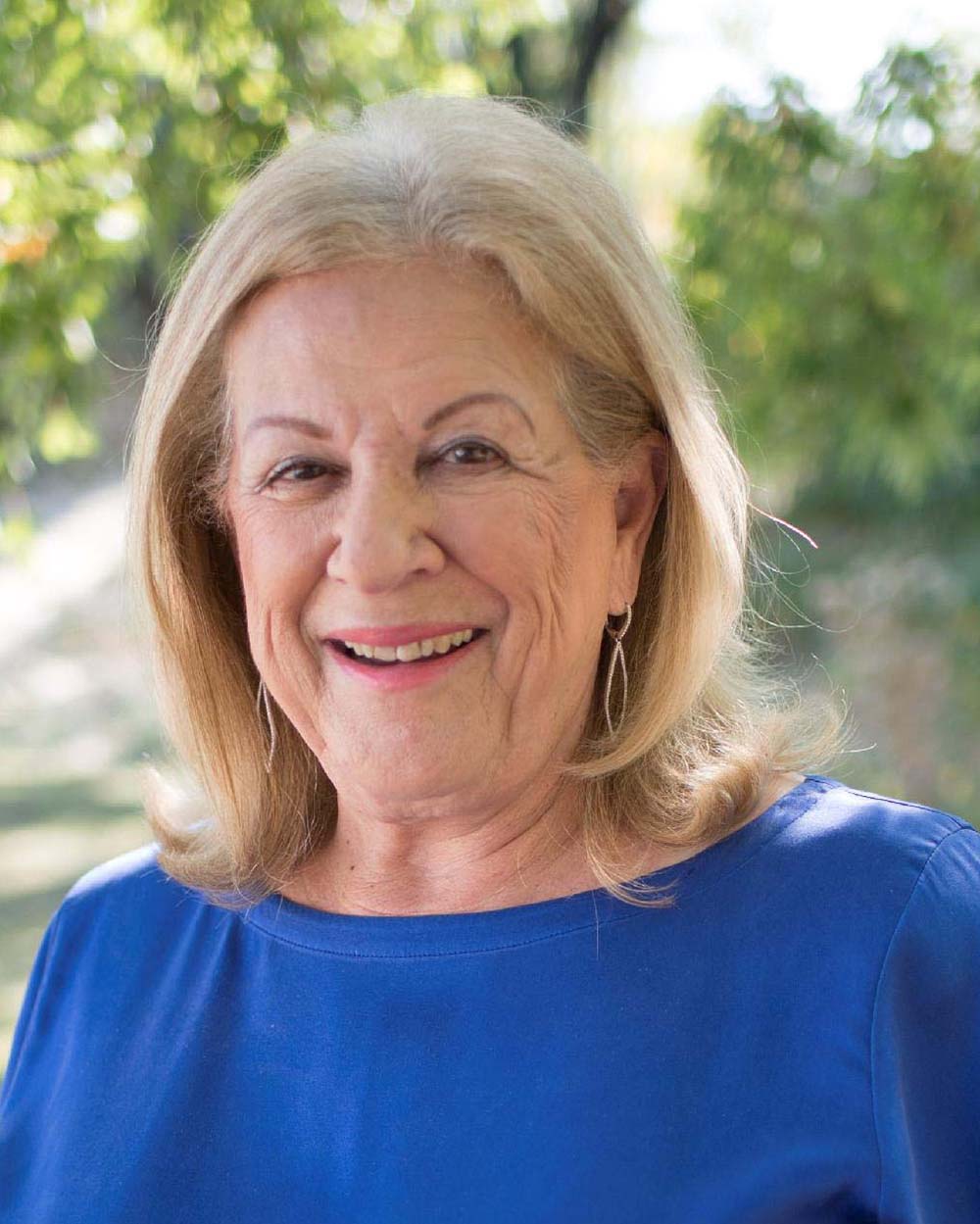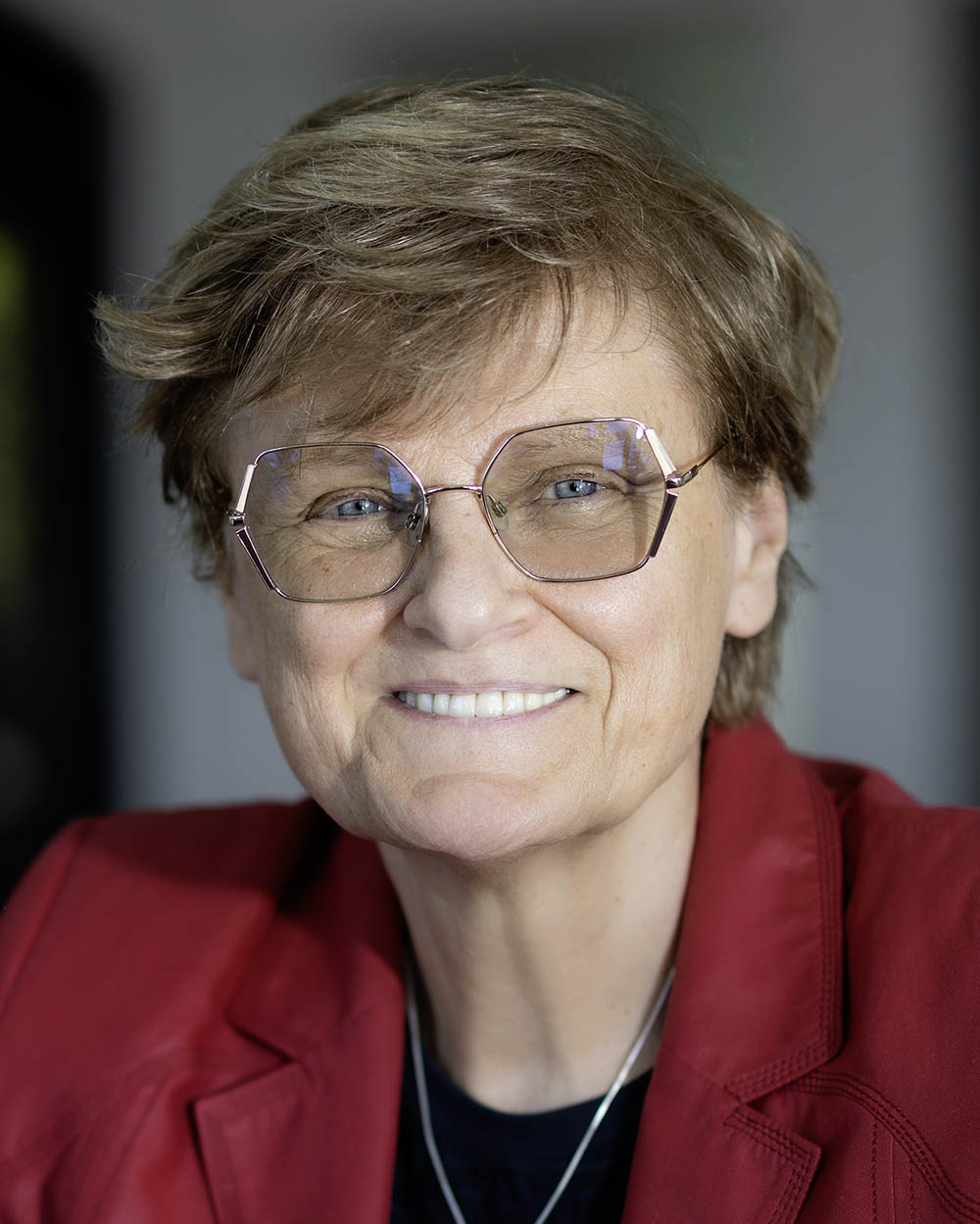
Suzanne E. Hidi
University of Toronto

Katalin Kariko
University of Pennsylvania
University of Szeged
Suzanne E. Hidi: How to motivate students to engage and learn? The role of interest and rewards.
The significance of motivation in human functioning and performance is well established. In her presentation, Hidi will discuss the role of motivation specifically within educational settings. She will consider the impact of interest – a dynamic affective and cognitive motivational variable – on attention, engagement, and learning. She will also compare interest with curiosity, highlighting similarities, differences, and the distinct forms of engagement they foster. Since translating educational and psychological research into practice is often challenging, Hidi will discuss the practical implications of these concepts for educators. She will then turn to the role of rewards, addressing the distinction between intrinsic and extrinsic motivation. Drawing from neuroscientific research, she will argue that these two types of motivations are additive rather than contrasting constructs. Finally, Hidi will conclude her talk by presenting evidence on the critical role of the "self" in shaping how individuals process information, act and remember, and will suggest ways in which educators could benefit from recognizing this role.
Katalin Kariko: Breaking Through
I grew up in a small sleepy town in the middle of the Great Hungarian Plain. My parents had only elementary school education. My family lived in a tiny, old adobe house with big garden. As a kid I enjoyed climbing on trees, playing with my friends and going to school and learn from my excellent teachers. I loved nature, especially the plants. My high school my biology teacher told me that I could be a scientist. So, at age 16, I decided, that I will be a scientist, although I have never seen one. In high school, I read a book that guided me through life. It taught me how to handle stress and concentrate on things that I can change. This was my humble beginning that prepared me for a long and difficult journey that eventually took me to the United States. My decades of research resulted in the development of a new mRNA technology, which was used to create the COVID-19 mRNA vaccines that helped to fight the pandemic. As it still sounds unbelievable to me, I was awarded the 2023 Nobel prize in physiology or medicine for my achievements.
